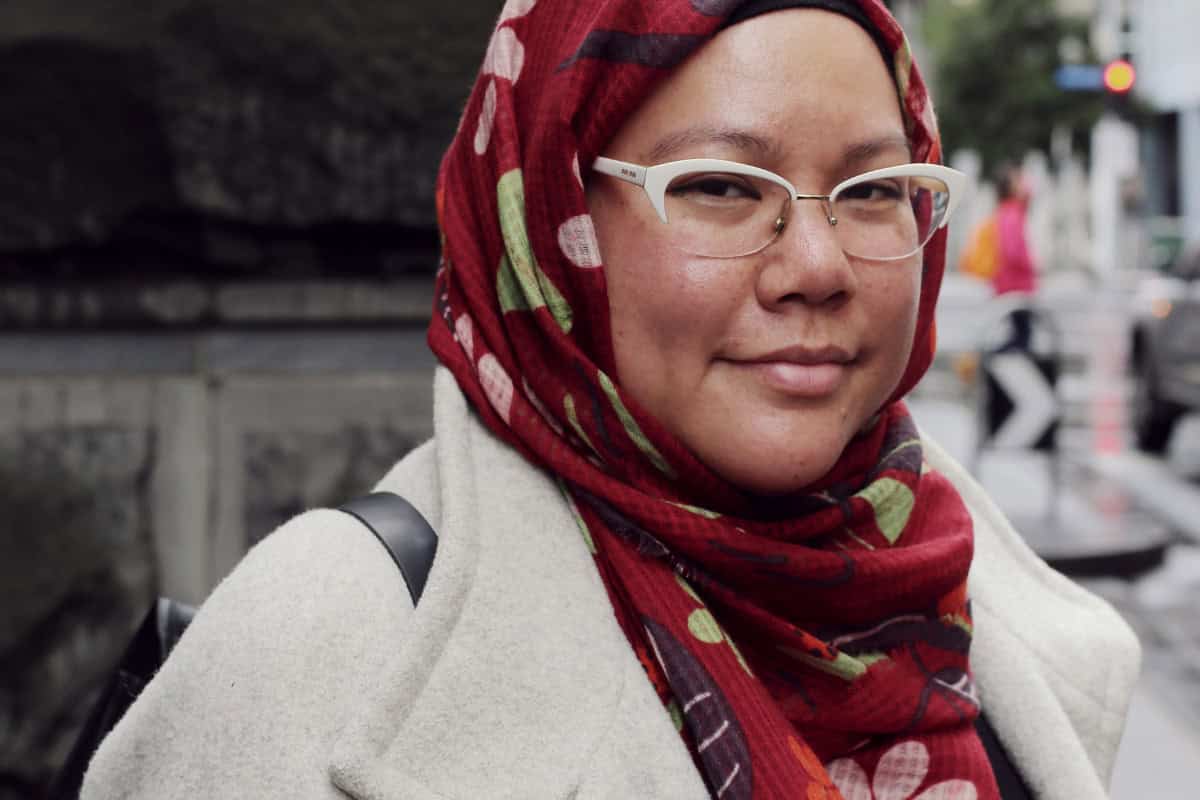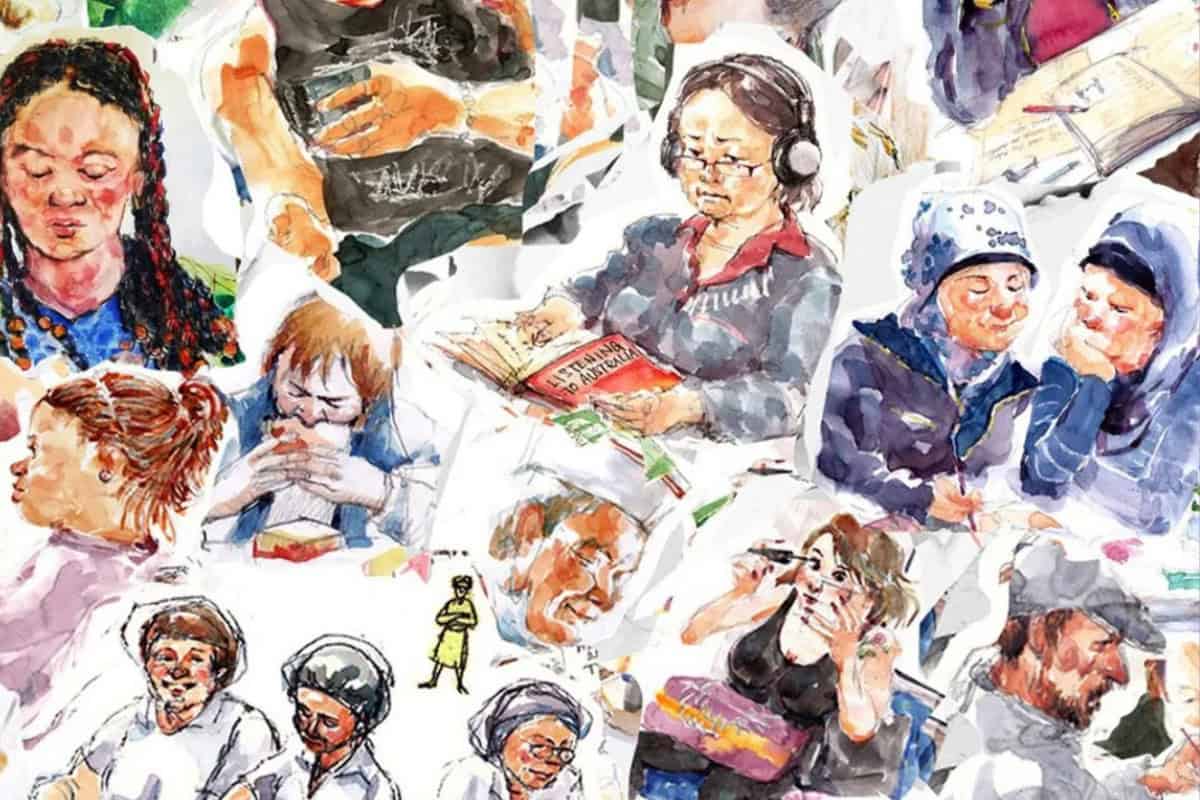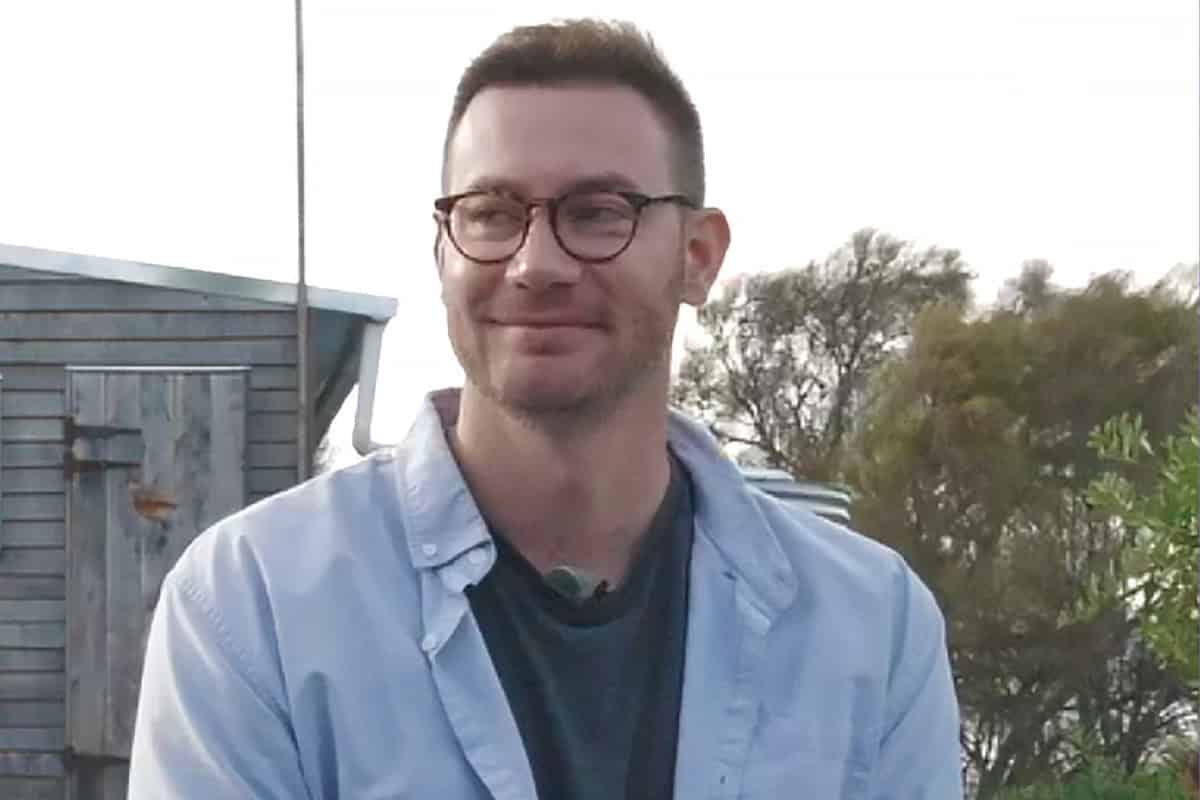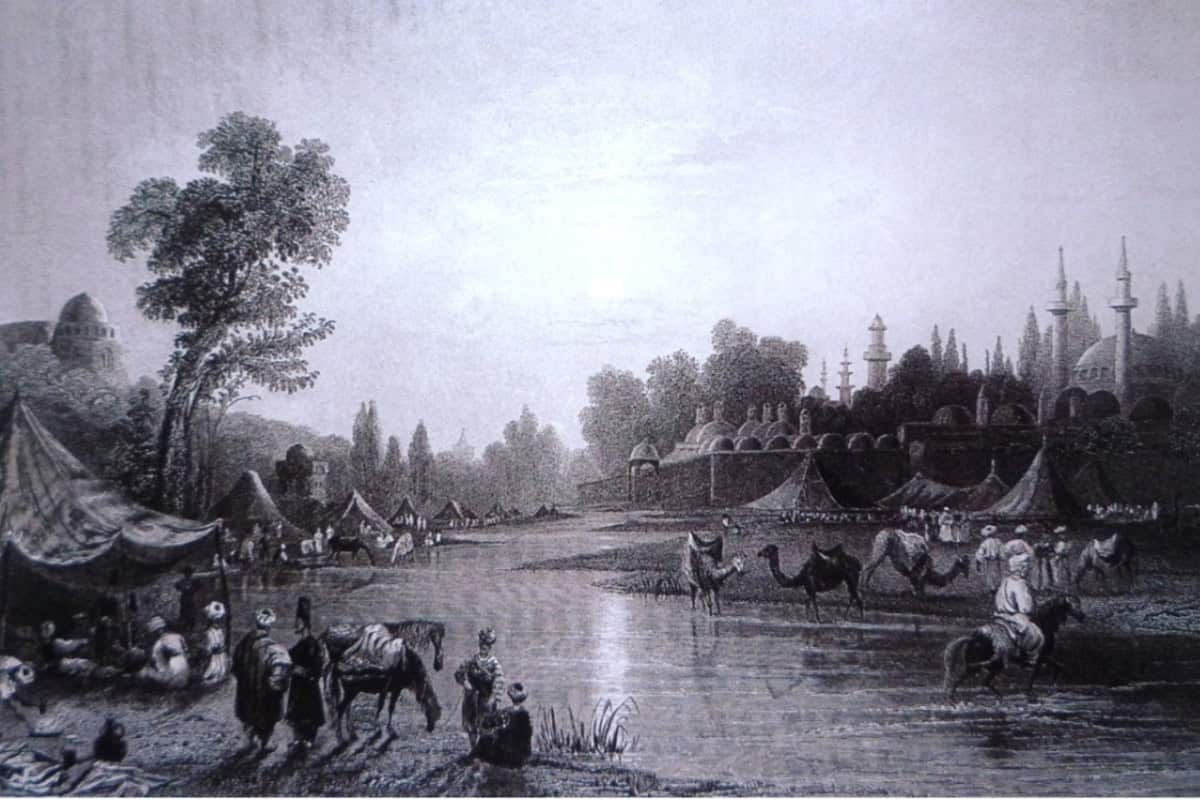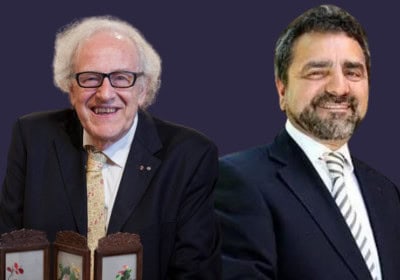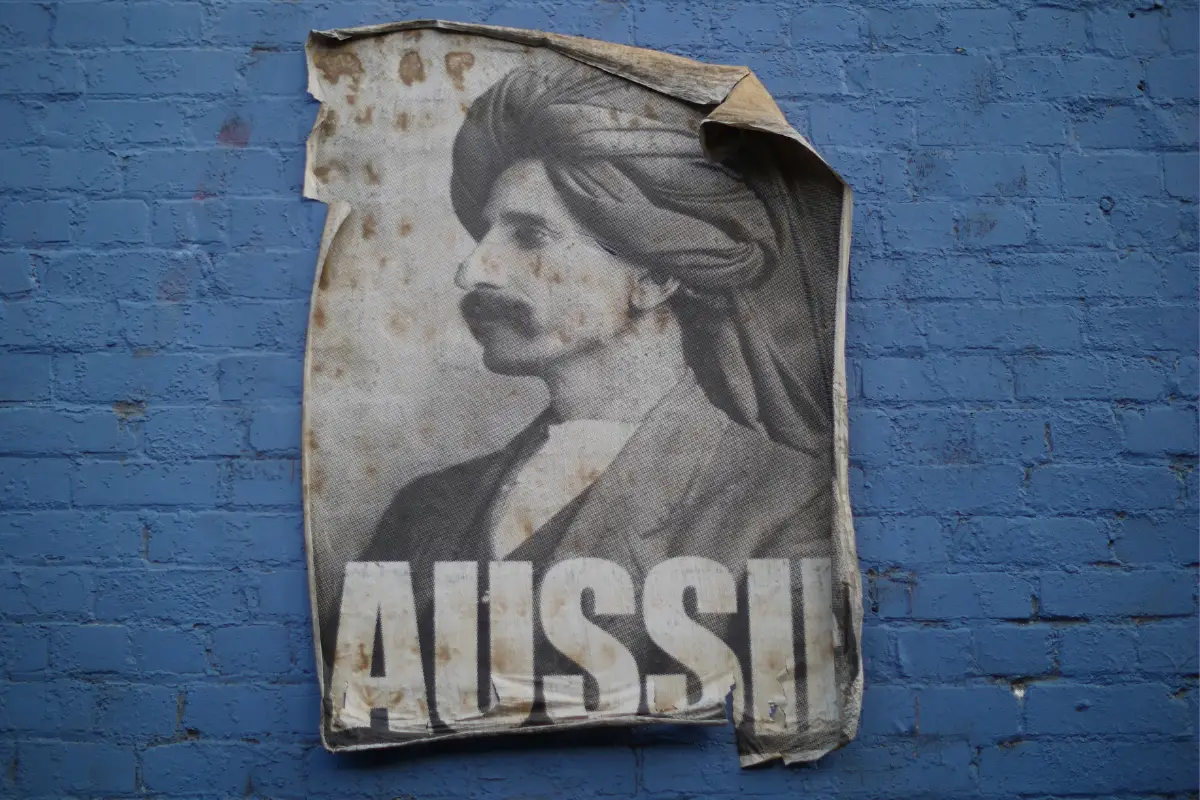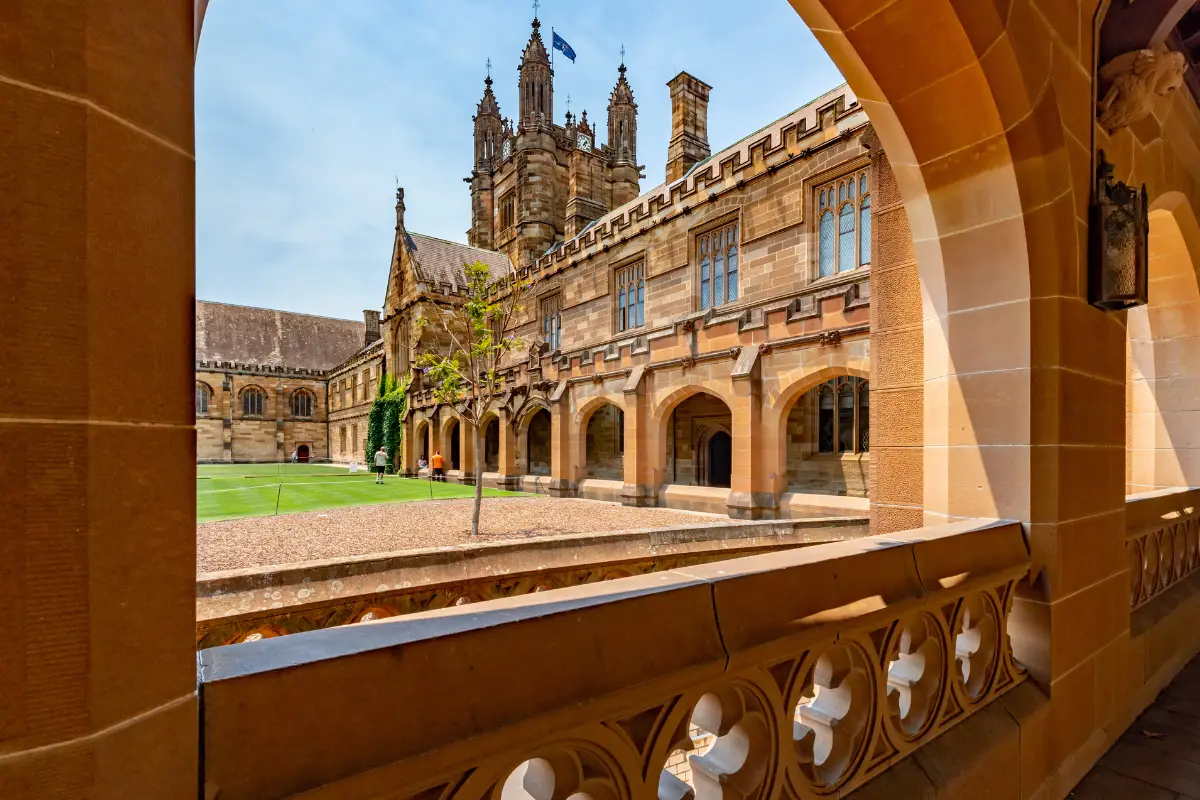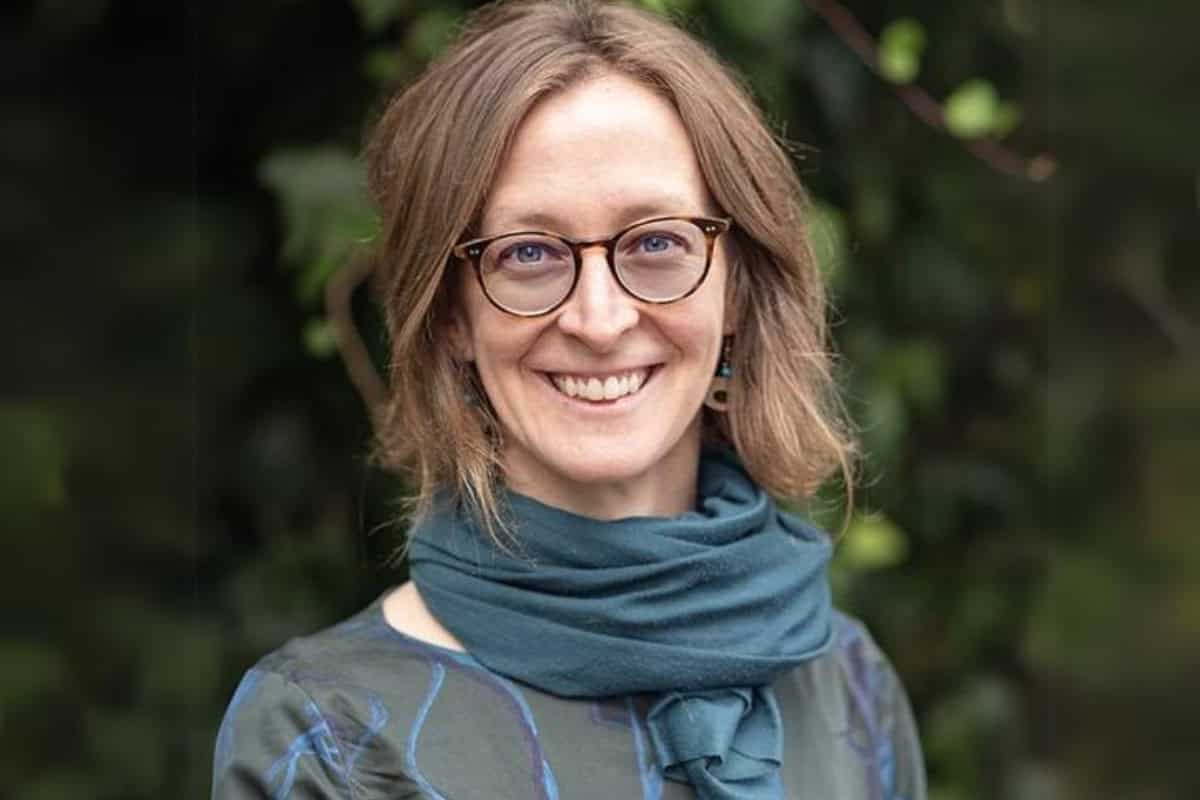Twenty years of patience & progress: Humanities research infrastructure in Australia
The speech celebrated a 20-year struggle, led by the Academy, that has finally secured (some) funding for humanities and Indigenous research infrastructure. It’s a broad-brush account, not a definitive record. We welcome comments and additions. Above all, it’s a rallying call. We now have a national platform. What’s past is prologue. You can watch a […]
Twenty years of patience & progress: Humanities research infrastructure in Australia Read More »


